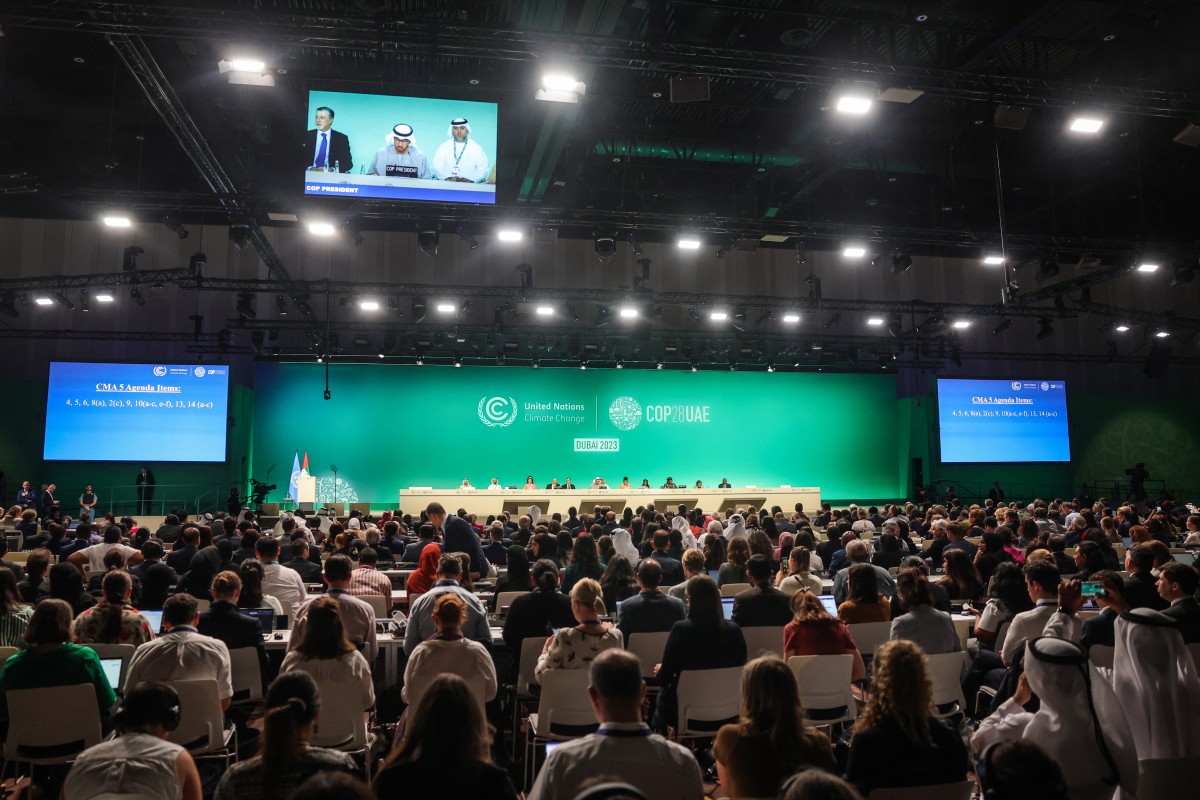
The United Nations Climate Change Conference (COP28) rounded off yesterday, with an agreement that signals an end to the fossil fuel era via laying ground for a swift, just and equitable transition, underpinned by deep emission cuts and improved financing.
In a demonstration of global solidarity, negotiators from nearly 200 parties came together in Dubai with a decision on the world’s first ‘global stock take (GST)’ to scale up climate action before the end of the decade and an overarching target to keep global temperature limit within 1.5°C.
The GST is considered the central outcome of the meeting – as it contained every element that was under negotiation – and can be used by countries to develop stronger climate action plans by 2025.
It recognised that global greenhouse gas emissions must be cut by 43 per in 2030.
In the short-term, parties were encouraged to come forward with ambitious, economy-wide emission reduction targets, covering greenhouse gases, sectors and categories that aligned with the 1.5°C limit in their next round of climate action plans (known as nationally determined contributions) by 2025.
Chair of the Least Developed Countries Group, Madeleine Diouf Sarr, noted: “This outcome is not perfect, we expected more. It reflects the very lowest possible ambition that we could accept rather than what we know.
“We have taken stock of progress in implementing the Paris Agreement and seen the world is well off track. The Dubai decision is historic in including the first reference to fossil fuels, but we are concerned about the loopholes that it leaves open, which could limit true emission reductions and ambition.
“Limiting warming to 1.5°C is a matter of survival, and international cooperation remains key to ensuring it. Alignment with 1.5°C not only requires countries to urgently reduce domestic emissions, but also the delivery of significant climate finance so that we can continue our leadership in going well beyond our fair share of the global effort when it comes to reducing emissions.”
Also, Executive Director of 350.org, May Boeve, said: “People power has propelled us to the doorstep of history, but leaders have stopped short of entering the future we need. It is frustrating that 30 years of campaigning managed to get ‘transition away from fossil fuels’ in the COP text, but it is surrounded by so many loopholes that it has been rendered weak and ineffectual.”






